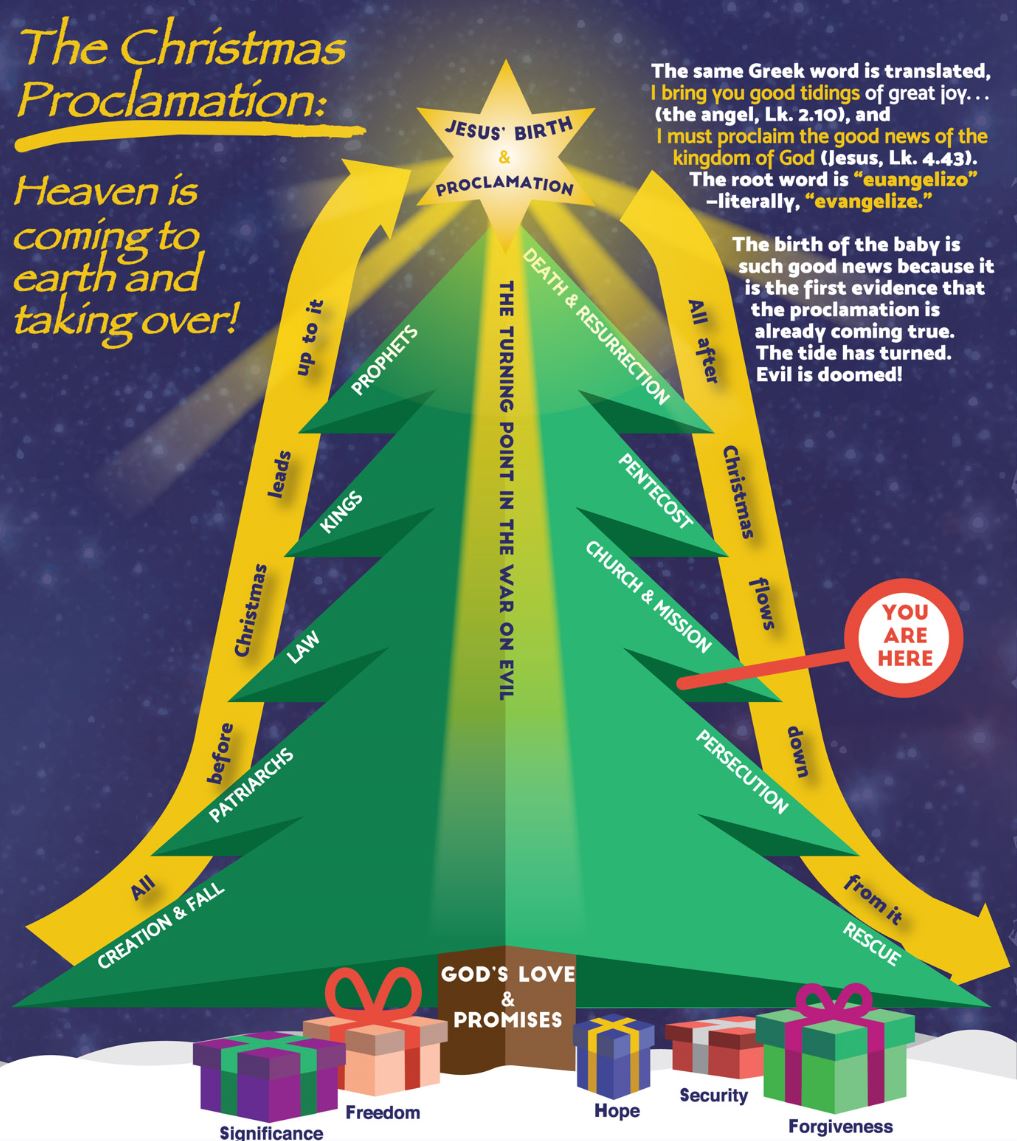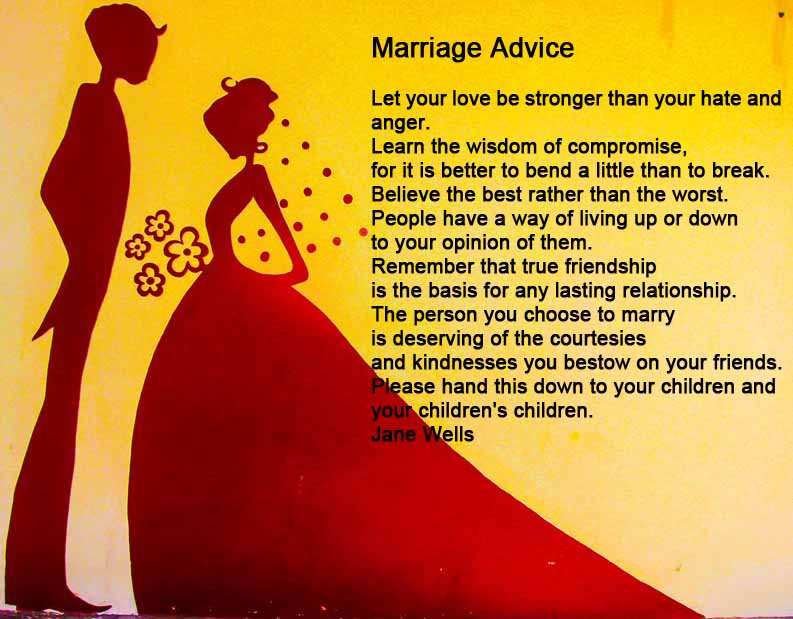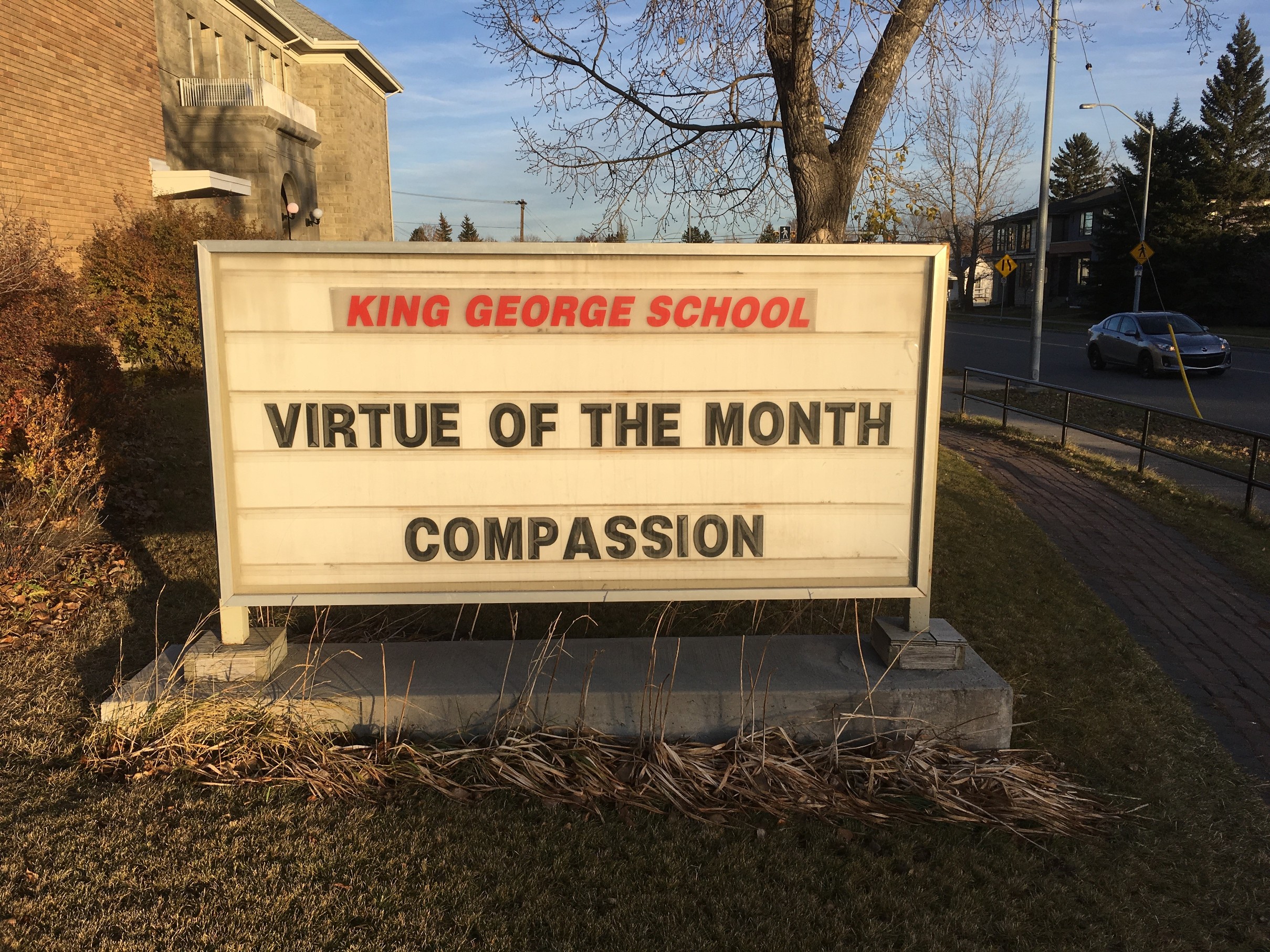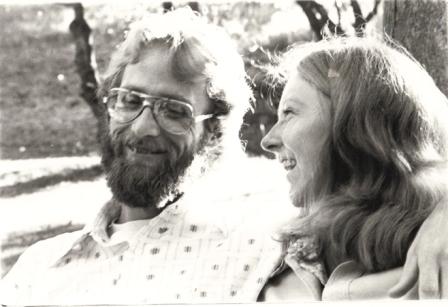
Murray's Blog 2016
Occasional reflections on the Journey...
December 25, 2016
Good News is far better than Good Advice
https://www.keylife.org/articles/good-news-vs-good-advice
December 25, 2016
Jesus
He came not to throne,
but to a manger.
He lived not as a king,
but as a servant.
He chose not a kingdom,
but a cross.
He gave not just a little,
but everything.
-Holley Gerth
December 20, 2016
Christmas in Context
As western
civilization's "140 character limit" to thought and understanding collude with
the trend to withdraw the humanities from structured education, producing the
loss of historical context and perspective and truncating our lives to the
existential moment, Christmas is not immune to the loss. People wish each other
season's greetings without knowing the reason. People stand before a manger
scene without understanding it's meaning. Some may even quote a fragment of a
Biblical verse affirming the hope of "goodwill" without knowing the context of
its speaking.
This loss of context, as in other situations, can result unnecessarily in a significant, and in some cases in almost total, loss of meaning. I want to commend those who work to take a step reversing the lost. One of those working hard in this endeavor is an organization led by a fellow board member in an organization I also serve. Jon's team has produced the Christmas tree diagram (click image, right, to enlarge) to counter Christmas trivia and give context to the meaning of Christ's birth surpassing that of our own season of history. (The full infographic here.)
Another is a friend who has won a teacher-of-the-year award in a public school system where he has been asked asked to produce a Christmas concert without reference to Christ. Producing a high-quality community event with even passing reference to Christ places him into direct conflict with his principal but does not deter him from communicating the meaning of Christ's birth.
Doing so may be costly but I invite you to join in, thoughtfully, joyfully and extravagantly!
December 12, 2016
The Unnecessary Abandonment
"Abandon ship" is the decision of despair and desperation no one wants to make and no one wants to hear. Yet millions make this decision regarding their marriage annually. Is marriage really that hard? True, marriage, if neglected, can become painful. True, marriage requires partners with a measure of maturity, common sense, emotional intelligence and selflessness - traits hopefully gained by adulthood.
Carol and I recently reflected, in anticipation of our 41st anniversary, on the basics of our not perfect but very wonderful marriage. The list could be lengthened but here's our simple advice based on years of experience:
-
stay close the Christ (the strand that binds us together, Eccles 4:12),
-
be gentle with each other,
-
the renewing power of forgiveness - (we've learned to be quick to ask and quick to give freely without going back)
-
affirm each other daily (we love to ask each other "have I told you yet today that I love you?"),
-
be committed to someone (Christ) or something greater than yourselves (the Kingdom of God), pursue worthy goals and keep the main thing the main thing,
-
stay close to the heart of the other - (we ask often "what have you been thinking and feeling?")
-
pray with each other at least daily (we make it a practice to go to bed and get up together which gives an excellent opportunity)
-
have fun together and simple rituals of togetherness - (we've had a weekly date night (or breakfast out) all the years we had children at home, meals together, teatime at nine, and the like)
-
never open a back door, even a crack for even a moment, knowing demons are looking for opportunity and don't give up ground given easily.
Where to start? Even if your ship is foundering, read this list together daily for a season, choose an item to 'work on' each week, add to the list to make it better and spend time with a couple who is positive about their marriage.
Soon you'll be sharing what you've learned to encourage your children and others to be blessed by you:
The Alternative to Democracy
I did not vote for Donald Trump. (Actually, I didn't vote, I'm Canadian.) My preference would have been an additional option on the ballot: "None of the Above" requiring the parties to put up better candidates.
Nevertheless the stronger-than-expected protest vote against the trend of recent years confounded the pundits and produced the unexpected: Trump as president.
Then finger pointing, soul-searching, blaming, protests and riots; now in their fifth day. Now I'm more deeply concerned.
The rejection of the results of an election is a serious matter because the overthrow of a democratic process is a vote for the means of government predominant in world history, dictatorship.
Democracy has been a short-lived fragile experiment on the world stage. Athenian democracy was limited to the vote of a few hundred philosophers and land owners. Universal suffrage was far from the minds of the oligarchy.
The Magna Carta (1215 AD) demanded the king share power with his nobles; still a long way from democracy.
The American experiment didn't arrive till 1776 and female suffrage till 1920. For it's faults and critics, overall, the American experiment has produced a remarkable, prosperous, generally free and reasonably balanced nation; from which Americans shouldn't lightly walk away.
Democracy always means some must accept results they didn't choose. America has had weak and ignoble presidents. It also has checks and balances which, if it's Constitution is honored, counter those weaknesses. But the alternative to working with the results of an election until the next election, namely dictatorship by an individual or a one party committee, means everyone remains permanently without voice.
Trump will draw disapproval throughout his term. But at the end of his term another president will be chosen and many of the course corrections Trump will seek to legislate will be corrected by his successor.
What will last, I am hopeful, is democracy. Even if it's difficult to accept Trump, let us accept - yes defend - democracy and move on with the political process. The only alternative to accepting the will of the majority (who chose to vote, sadly many didn't) is to accept the will of an unelected dictator.
October 31, 2016
Walking to the Light
Halloween has overtaken All Saints Eve. Unfortunate but true. Yet for all the socially supported flirting with darkness, in many cases, serious deep darkness, encouraged by Halloween, I noticed as children are on the street visiting homes for candy, that they visit only well-lit homes. They don't go to darkened homes. They walk only to the light.
May this not be lost on their parents. May they lead their children to Him whose birth will soon be celebrated as the Light of the World.
October 29, 2016
Virtue Education
A family stroll in a Calgary suburb took us by King George School and a hopeful sign.
Public schools in our generation struggle with attitude and behavior issues of many kinds. Morality is out of style. Most Canadians are aware but aren't sure what to do aside from promote universal acceptance. Many readers are too young to remember when the "Ten Commandments" - foundational to Judeo-Christian morality - were posted on school walls and most everyone thought it was a good idea. What to do?
King George School offers a great model to emulate.
Virtue, no longer a common word in Canada, is yet generally viewed positively. Virtues are many and (in Catholic terms) include Love, Hope and Faith; Prudence, Temperance, Courage and Justice; Charity, Fortitude and Prudence. (http://changingminds.org/explanations/values/seven_virtues.htm)
Each vision is well worth investigating and emulating - as adults and as children.
A local resident told me the school has been promoting virtues for years. How they do so within their walls I don't know but am hopeful with the same courage, perserverence and initiative of their public posting.
I'd like to shake the hand of the principal!
August 11, 2016
On the Necessity of Making Moral Judgments
Much is said about making moral judgments in our day, most of it negative. Those who make moral judgments are often deemed as self-righteous, acting on limited information, or are recipients of harsher language. Sometimes the charges are true and the behavior to be repented of.
But as often the matter isn't that simple. Wisdom is rather knowing when a decision is required and when it is not.
The fact is that we constantly make decisions about the good and the better, what to avoid and what to embrace, how to use our time and what is not worth trading for the limited hours of our mortal life. None of us can avoid making such decisions, nor should we. Some of those decisions are easy, some more complex and nuanced. Such daily decisions however are always based on the perceived value of the options before us and how best to live our lives, personally and as a society.
The question then is not should we make judgments about the value of beliefs and the behaviors which inevitably flow from those beliefs. The question rather is how do we make right judgments leading to the common good rather than wrong judgments diminishing the common good.
To make right judgments is not a personal or social ill but a personal and social necessity and obligation. An obvious example might involve coming across someone planning to harm themselves or another. The decision to be made is whether it is right to intervene. The decision is in fact a judgment, not to be condemned because it involves a moral valuation, but a judgment to be made rightly.
It is not decision making that is to be avoided. To avoid a decision in such an instance is at minimum laziness (the unwillingness to think through a decision and accept the consequence of making the right decision), at maximum, moral failure. The necessity is rather a judgment to be made rightly based on right moral values. (The fact some will disagree or want to debate which moral values are right does not negate either the value of the decision or the need to make judge rightly.)
Literally every decision - personal and social - whether it be a current 'hot button' or a matter of lower interest to most people currently, involves judgment, i.e. a decision based on moral value.
So let's not avoid making decisions - judgments in fact - but do so thoughtfully, respecting those who disagree, aware of the consequence of the decision's universal applicability in the real world, and above all, of God's character revealed in the example and teaching of our Lord Jesus.
July 30, 2016
Celebrating the Journey: 40 Years of Marriage
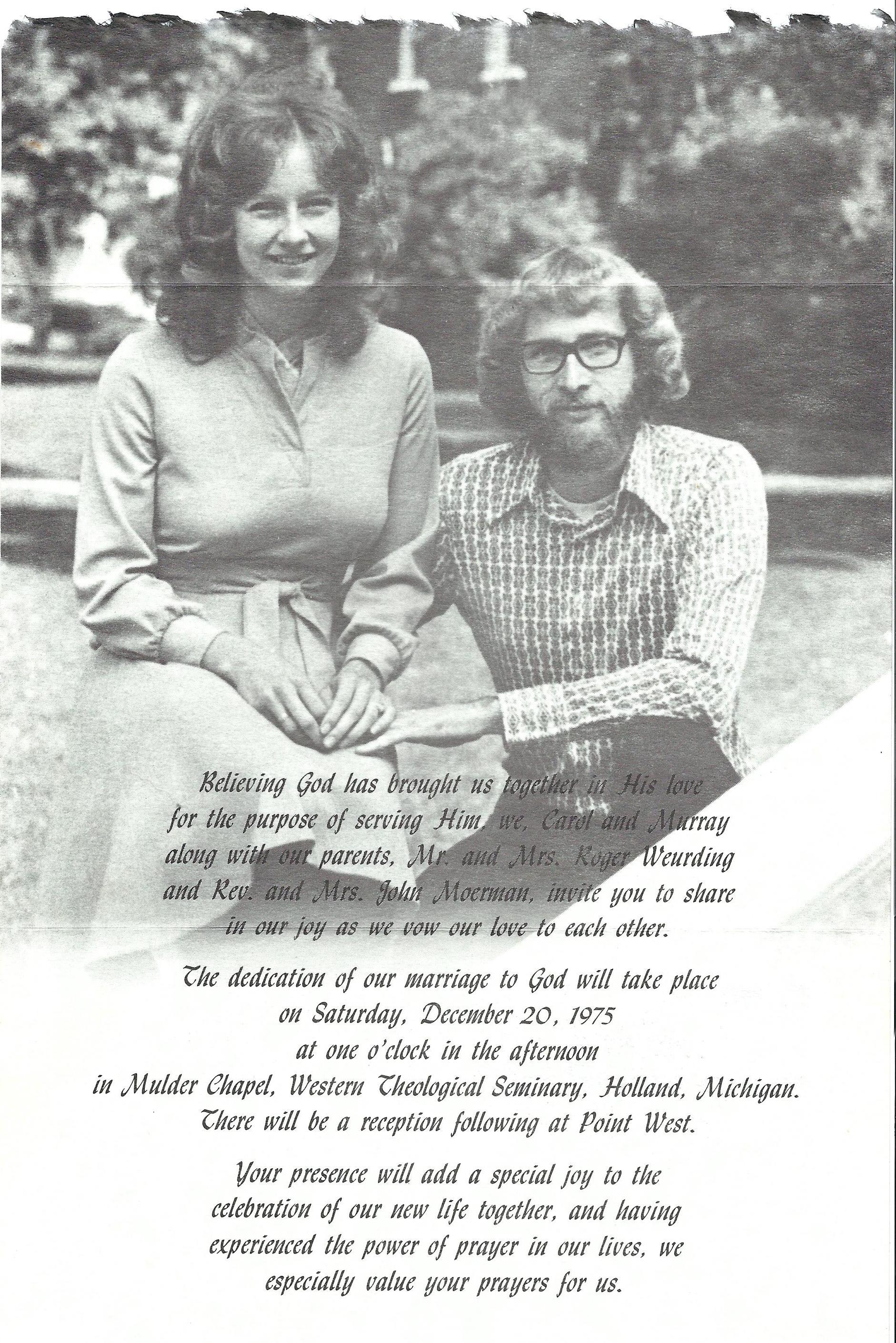
Carol and I married after semester exams, as students in 1975, a few days before Christmas, the day after a blizzard. (Not all our guests were able to attend.) Our wedding invitation spoke of committing our marriage to the service of Him who called us together for His purposes. (click for more detail on our invitation)
40 years has gone quickly and we look back today with joy. Our children and their spouses offered to organize the celebration (we choose a summer day in order to enjoy the outdoors and not to compete with busy Christmas season). The day dawned beautifully, over 100 family and friends gathered in our back yard, each of our children and their spouses spoke briefly on an aspect of our lives and expressed by a representative symbolic gift; there was music, abundance of good food and reconnection with many friends.
Our children played, to our great delight, several songs meaningful to us - including an expression of our thanks to the God of All Grace as expressed by Andre Crouch (My Tribute), truths as rich and beautiful as when performed at our wedding. (More detail, photos and more here)
Sometimes our hearts are full, our eyes brimming and our mouths can say little but thank you! Thank you Father, Son and Holy Spirit, thank you Carol, thank you to our children, their spouses, thank you to family and friends who have stood with us, encouraged us, enriched our lives and journeyed with us.
Marriage is a journey for a purpose and with a destination. The purpose of our marriages is to reflect Christ's love (Eph 5) and to serve His purposes with the gifts and strengths each is given for the common good. The destination is restoration to the paradise from which the world has fallen, to love God and enjoy Him forever.
We are on the way. We've not yet arrived but we are closer than when we began. For this we praise the Lord!
Wherever you are in your journey be encouraged, persevere, renew your focus and perhaps your vows. (For some of our learnings in the journey please click here.)
By God's grace the best is yet to come.
April 11, 2016
Near Death Experiences
Volumes of (what has come to be termed)
"near-death-experiences" (NDE) have been recorded and reflected on in the public
domain in recent decades, particularly since advances in medical resuscitation
techniques. Prior to that many others reflected on "out-of-body" experiences,
some seeking them and others experiencing them unexpectedly. Some authors have
sought patterns but much confusion remains.
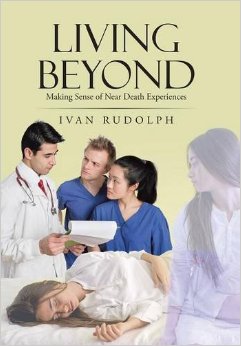 Part of the confusion in my view
relates to the premature satisfaction of some authors with superficial comparisons and some comes
from the fact various authors write from their particular worldview, which is of
course natural.
Part of the confusion in my view
relates to the premature satisfaction of some authors with superficial comparisons and some comes
from the fact various authors write from their particular worldview, which is of
course natural.
There are now an estimated 3.5 million people who have had NDEs. I've read many of these accounts - both digested and confusing - and long been looking for a careful, credible, Biblical synthesis to recommend to fellow travelers. Happy am I now to commend Ivan Rudolph's, Living Beyond: Making Sense of Near Death Experiences (WestBow Press (Thomas Nelson/Zondervan) 2015, 374 pages, ISBN 9781512716962).
Rudolph has had personal NDE experience, surveyed the surveys, reflected biblically and offers the best Christian synthesis and reflection I've come across. I think you'll agree and trust you'll be enlightened, challenged and perhaps even reoriented in your path of discipleship. If you have time to read nothing else, read the chapter on Life Review; I think it will help you find time to go back to the beginning and reflect on the whole.
February 24, 2016
Connecting with Yesterday, Today and Tomorrow...
There is much to be said for "living in the present" and for being "fully present" to the person with whom you are at the moment. Focusing on the present is however only one rich dimension of our lives. To be more than a "dot in the moment" however we are wise to connect meaningfully with all three dimensions - yesterday, today and tomorrow. I would propose a 20/60/20 expenditure of energies.
Yesterday
History gives us context. Without context the world around us makes less sense than we think.
There is value in exploring multiple streams of history for enriching perspective. Read about western civilization, it's philosophers and theologians, back to the early Greeks. Read at least a sweep of Asian history. Read the history of cultures unaware of, or hostile to Christ. What are you surprised by? What lessons do you think we've missed?
What are the 10 or 100 most seminal books ever written? How have they shaped thought today? Which are most profound, most helpful, which have led us into totalitarianism, self-absorption or down other death-end paths? Which contemporary streams of thought are rooted in books of which most people today are unaware?
What are the treasures of the past in danger of being buried and unable to benefit our generation?
Where to start? Let me suggest just three:
-
Dan Carlin's Hard Core History podcasts are are each several hours in length. Carlin is a secular journalist, entertaining, not without bias, but tells important stories, many of which are not well known.
-
How Christianity Changed the World by Alvin J. Schmidt (Zondervan, 2001) is an important rebuttal to multiple myths.
-
City of God by Augustine of Hippo, City of God is available in many forms. Let me suggest the edition edited and abridged by Vernon J. Bourke (Image Books, New York. 1950, ISBN 978-0-385-02910-0).
I've suggested others here.
Today
By focus on today we would be remiss to limit our attention to our existential selves and popular media. By today I mean deeper awareness of trends and their causes especially in parts of the world largely off our radar. Studies repeatedly show the west unaware both of it's own historical foundations and of the rest of the world as it is. For this we cannot rely only on mainstream media preoccupied as it is with ratings, profits and the promotion of oligarchy worldviews.
Rather we need to engage in conversation as we are able with people outside our normal circles, visitors from other lands, immigrants, refugees, people in spheres of life in which we don't normally visit, people in educational and economic levels below and above us. The fingerprints of God are everywhere.
We need to continually engage and learn to understand the world we are praying for and to love and pray for the world as it is.
Tomorrow
There is little we can know about tomorrow of course but what we can focus on is God's eternal purposes to be our 'north star' and give perspective on where we are going in the breadth and majesty of God's plan.
We can also seek to envision God's best and to plan our lives, energies and resources to advance God's purposes. (Resources to assist in planning are many. You could start here.) We need not be swept downstream without thought or with effort to affect the course of history.
Envisioning and practical planning takes seriously the linear nature of history and the gracious purposes of God.
This includes the work of sharing the Gospel to the ends of the earth and to the depths of each culture, the anticipation of Christ's return and establishment of the Kingdom of Heaven. It includes meditation on what God has revealed of the renewal of all things in the new heaven and earth to come. It is not my purpose here to detail eschatology but to point us to the future with anticipation and joy.
Really?
Some will feel I'm encouraging an unrealistic pipe dream or impossible challenge in suggesting a serious linkage with these three temporal dimensions. Not so.
Give some time each day or at regular intervals (e.g. a hour a week) to deliberately engaging and reflecting on each of these three dimensions. Even 20 minutes each (daily or weekly) of reading history, media, and reflection on God's intentions for the future will enrich you.
None of us are all-knowing or can be, except our God who created us and knows the end from the beginning (Psalm 139:16-17). Yet the more purposefully we connect with yesterday, today and tomorrow the more we will seek and worship Him who ties it all together and the wiser we will be in doing His will to bring about His glorious redemptive purposes.

